Culture and Anarchy is a series of essays by Matthew Arnold. According to his view advanced in the book, "Culture is a study of perfection". His often quoted phrase "[culture is] the best which has been thought and said" comes from the Preface to Culture and Anarchy: The whole scope of the essay is to recommend culture as the great help out of our present difficulties; culture being a pursuit of our total perfection by means of getting to know, on all the matters which most concern us, the best which has been thought and said in the world, and, through this knowledge, turning a stream of fresh and free thought upon our stock notions and habits, which we now follow staunchly but mechanically, vainly imagining that there is a virtue in following them staunchly which makes up for the mischief of following them mechanically. The book contains most of the terms - culture, sweetness and light, Barbarian, Philistine, Hebraism, and many others - which are more associated with Arnold's work influence.
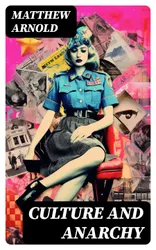
Culture and Anarchy : An Essay in Political and Social Criticism (Including the Biography of the Author)
Matthew Arnold
book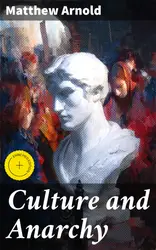
Culture and Anarchy : An Essay in Political and Social Criticism (Including the Biography of the Author)
Matthew Arnold
book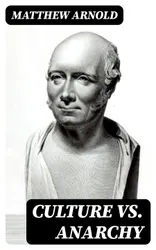
Culture vs. Anarchy
Matthew Arnold
book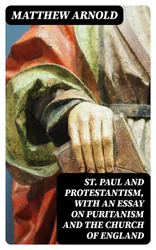
St. Paul and Protestantism, with an Essay on Puritanism and the Church of England
Matthew Arnold
book
Celtic Literature
Matthew Arnold
book
Poems
Matthew Arnold
book
B. J. Harrison Reads The Scholar-Gypsy
Matthew Arnold
audiobook
Culture and Anarchy
Matthew Arnold
book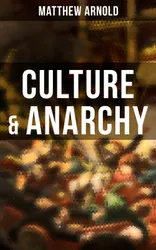
Culture & Anarchy
Matthew Arnold
book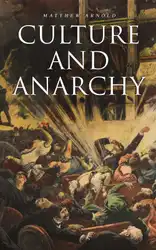
Culture and Anarchy : An Essay in Political and Social Criticism (Including the Biography of the Author)
Matthew Arnold
book
Culture and Anarchy
Matthew Arnold
book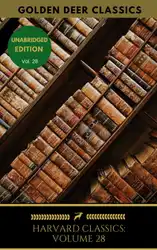
Harvard Classics Volume 28 : Essays: English And American
William Makepeace Thackeray, Golden Deer Classics, John Henry Newman, Matthew Arnold, John Ruskin, Walter Bagehot, Thomas Henry Huxley, Edward Augustus Freeman, Robert Louis Stevenson, William Ellery Channing, Edgar Allan Poe, Henry David Thoreau, James Russell Lowell
book
